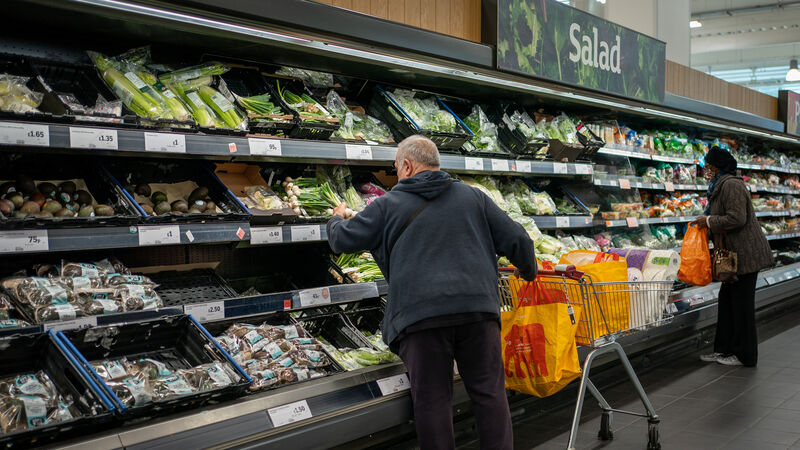Irish consumer confidence improves but 60% still making cuts

'At current levels, sentiment is awful rather than apocalyptic, suggesting the Irish consumer is down but not entirely out,' says KBC Ireland's chief economist.
Irish consumer confidence improved slightly in June, suggesting that consumers are nervous but feel more braced for what lies ahead.
The KBC Bank Ireland consumer sentiment index, a monthly survey on consumer confidence, increased by 2.2 points to 57.7 in June following four months of weakening sentiment.














